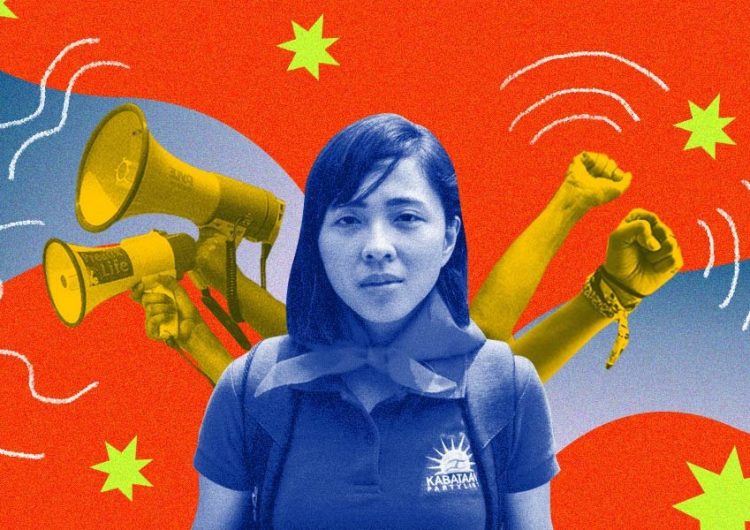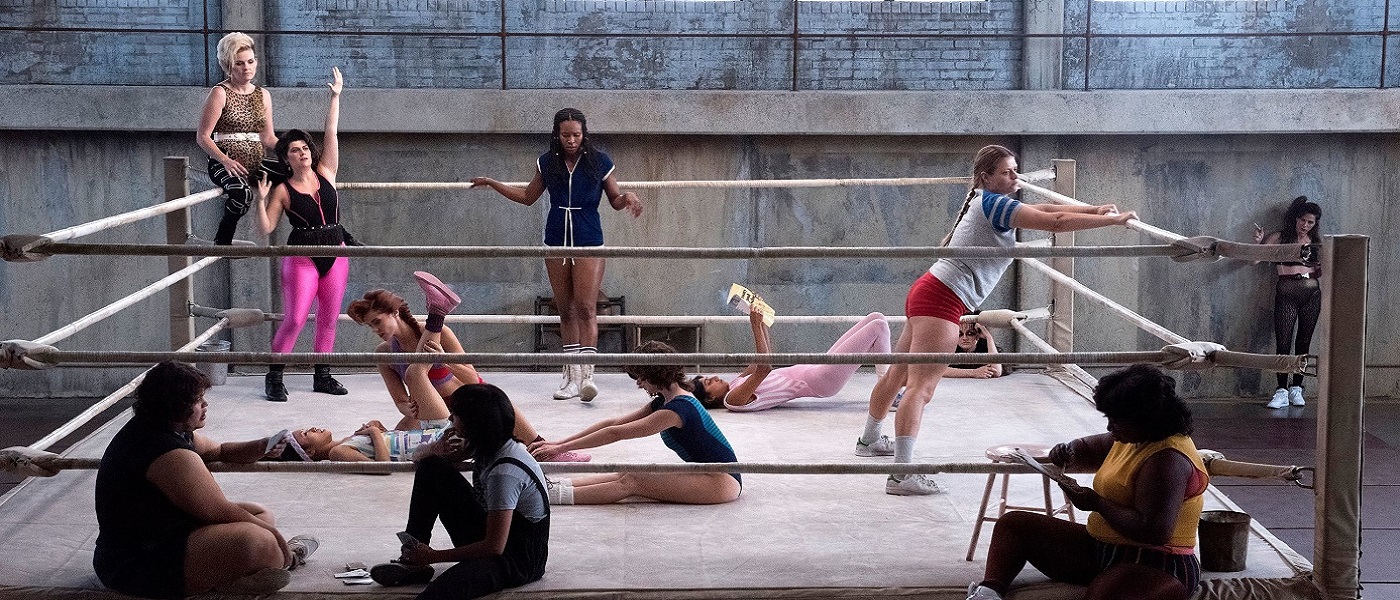Class of 2020, how are you holding up? (Spoiler alert: In the first place, they aren’t.)
If you’ve dived deep enough in your TLs the past months, you’ll know that students have been suffering. Apart from continued neglect under a faulty online class setting, the youth getting red-tagged is sadly an ongoing story.
Rep. Sarah Elago knows this only too well. In today’s Senate hearing on the issue of red-tagging, the One Young World’s Politician of the Year has officially Had It™ with government officials putting the youth in danger with fake news and false claims that often go viral.
These young people getting red-tagged are the same ones who’ve been proactive in the fight against COVID-19 and the onslaught of typhoons this year—whether as researchers, frontliners and relief drive leaders, says Elago.
While busy taking action, they’ve also been using their voice to demand an academic break and academic easing—as they should. According to Elago, such break is “necessary to help students and members of the faculty support education personnel affected by the typhoons.”
Kabataan Partylist Representative, @sarahelago, on the state’s red-tagging against progressive youth organizations and activists.#NoToRedTagging
#OustDuterteNOW pic.twitter.com/TShYdDHXaM— Anakbayan Morayta #BraverToday (@ABMorayta) November 24, 2020
But is the call for inclusive and accessible education getting acknowledged? Elago asks. “Sa halip na tugunan ang mga isyu na ito, kung anu-anong kasinungalingan, atake at pananakot ang nararanasan namin,” she reveals, highlighting how red-tagging can cause serious threats not only to those being targeted but also their families.
“Nire-redtag ang mga aktibong kabataan sa iba’t ibang lugar sa bansa ng mismong mga ahente ng gobyerno, mga militar at pulis, nagpapakalat ng mga tarpaulins na binabansagan na terorista kasama na rin ako mismo, isang hinalal na kinatawan ng party list sa kongreso,” she says.
(Students all over the country who are active in speaking up get red-tagged by government officials themselves like the police and military. I myself, an elected representative in congress, have been branded a terrorist.)
This includes young people who’ve been vocal against drug war killings, corruption, attacks on press freedom and human rights violations.
Elago also described how various social media pages even put devil’s horns and coronavirus illustrations on her face. “Ginagamit ang pondo ng bayan at ng mamamayan para lustayin sa pag-atake sa mga kabataan na aktibong nagpapahayag ukol sa isyu ng lipunan.”
(They’re wasting public funds to attack young people who are actively exposing social issues.)
In case anyone has chosen to forget, speaking up is part of students’ rights, the party list representative cautioned. “Freedom to peaceful assembly, sumali sa mga organisasyon, may academic freedom na dapat matamasa at maisakatuparan ang mga mag-aaral at lahat ng mga education stakeholders,” says Elago.
(The right to peaceful assembly and join organizations is part of the academic freedom that education stakeholders should enjoy.)
She herself discovered the important role of academic freedom when she was younger, as someone who was bullied.
Don’t dare place students in the “resilient” narrative like typhoon-hit communities—they have no choice but to deal with the system’s B.S. In the middle of worsening poverty, loss of jobs and sickness, red-tagging should be out of the picture, as it places innocent people at risk of being targeted by vigilantes. And Elago is right—red-tagging perpetrators needs to be held accountable.
Read more:
Students aren’t terrorists, Sarah Elago reminds us
Instead of red-tagging, Duterte Youth could’ve focused on these 6 issues
Btw, it’s “Iskolar ng Bayan,” not “Iskolar ng Presidente”
Art by Yel Sayo

























Comments